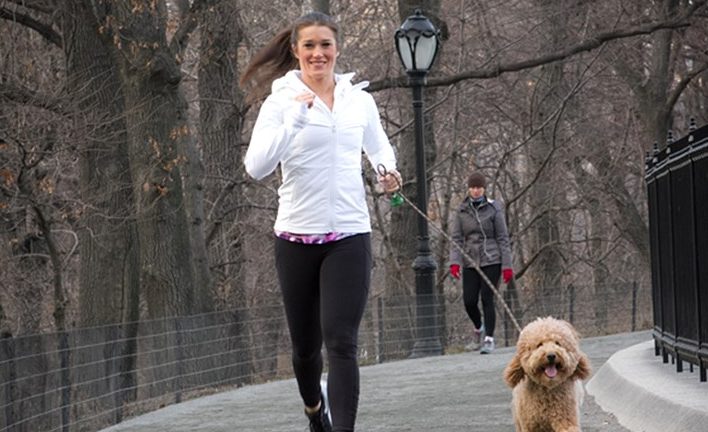
Usher Syndrome affects an estimated 25,000 individuals in the U.S. and Rebecca Alexander is one of those people. The native California woman has been fighting to not only raise awareness for the disease, but to help others with USH survive the devastating effects.
By: Lanae Brody
On the outside, Rebecca Alexander looks like every other beautiful, young and healthy woman roaming the streets of New York City, where she impressively earned two master degrees from Columbia. However, on the inside, a different picture is painted. One would never guess that she has trouble seeing all of the bright yellow cabs and hearing all of the food vendors trying to sell a hot dog to a tourist, but she does. Alexander suffers from a rare genetic disorder called Usher Syndrome type III, which has robbed her of her sight and hearing at a gradual pace. Though born with the disease, it wasn’t until she got a little older and had trouble seeing that prompted her parents to take action.
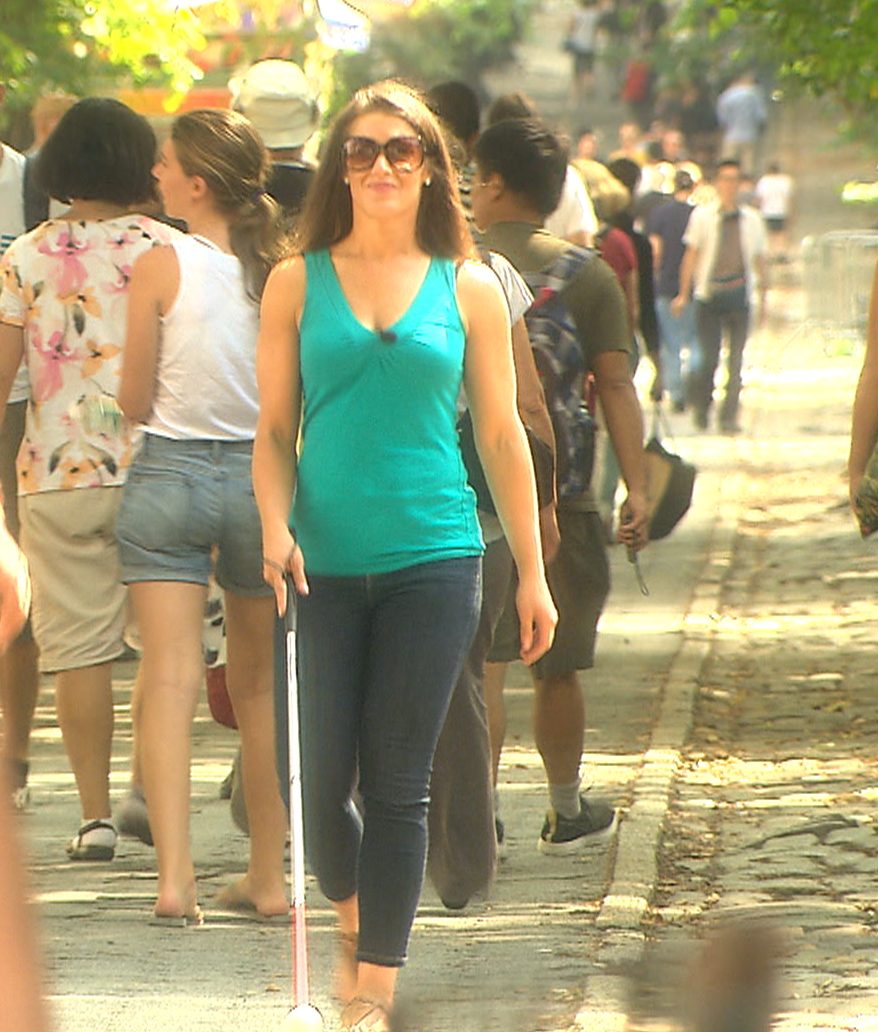
“I was diagnosed with RP, or the vision part of what I have when I was 12,” the San Francisco native shared with The Voluntourist. “My dad took me to the optometrist because I was having trouble seeing the blackboard at school in the sixth grade and the optometrist saw something in the back of my eye.”
RELATED: Terry Crews on his Success and being Vocal about Sexual Harassment
The news about Usher Syndrome that followed from the various tests run by doctors all over the Bay Area took Alexander and her family by surprise as it showed long term problems were to come. “My parents were told that by the time I was 30 I would be completely blind,” she revealed.
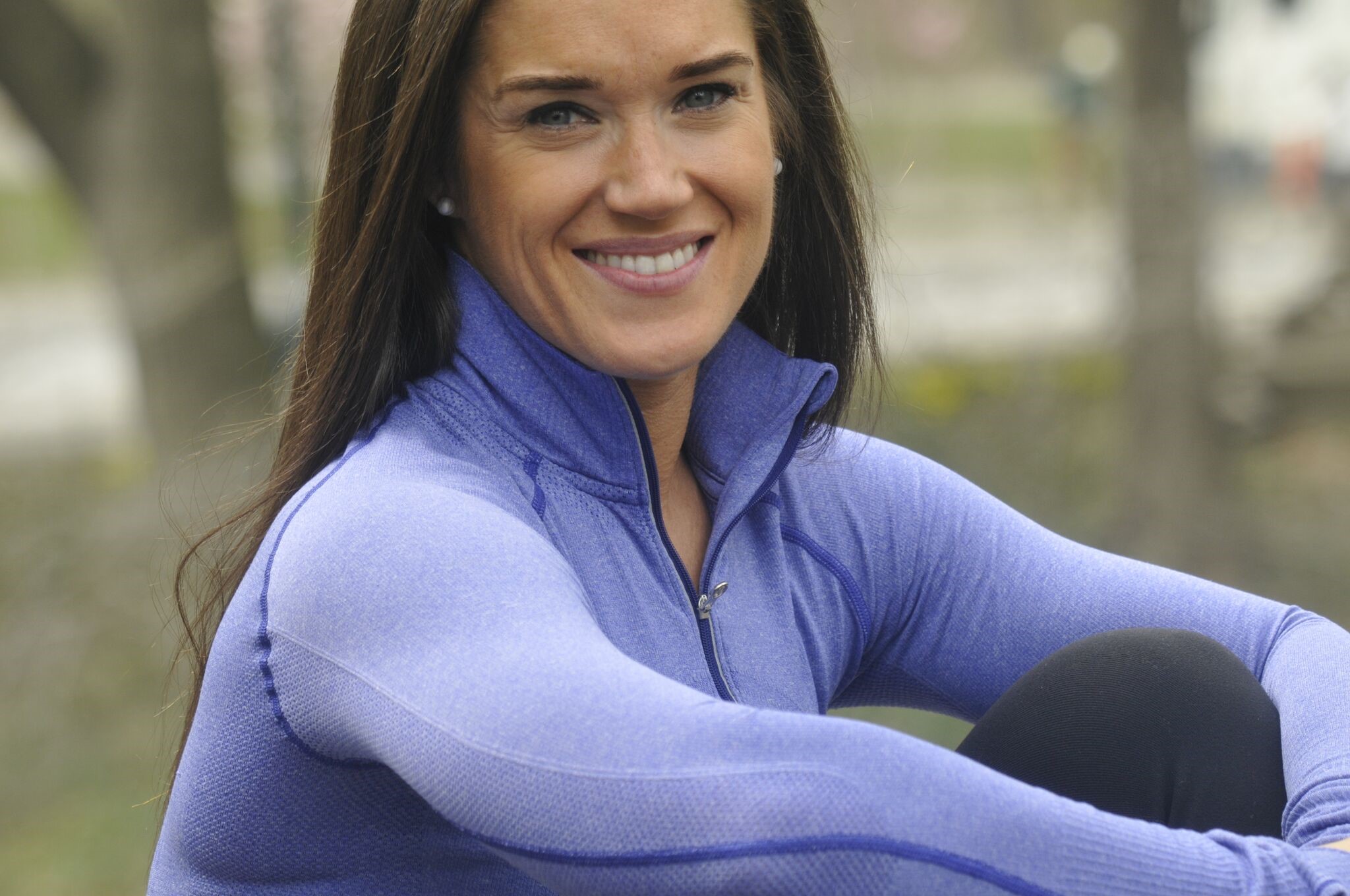
But that wasn’t all. Away in Michigan at college, Alexander awoke to a loud ringing noise in her ears that just wouldn’t go away.
“The sensation was so loud that I couldn’t hear people speak to me over the ringing. After about one-and-a-half to two weeks, it wasn’t going away and I figured I really need to go get this checked out.”
After weeks of testing, the official diagnoses for USH, or Usher Syndrome, came in. Though Alexander showed no previous signs of hearing loss, the disease was slowly going to start taking her of her hearing on top of her sight.
However, rather than sit back and watch the Usher Syndrome disease comsume her life, she decided to take action. She writes in her book Not Fade Away: A Memoir of Senses Lost and Found, “I have one choice only and that’s looking forward to what’s ahead rather than back at what has been lost.”
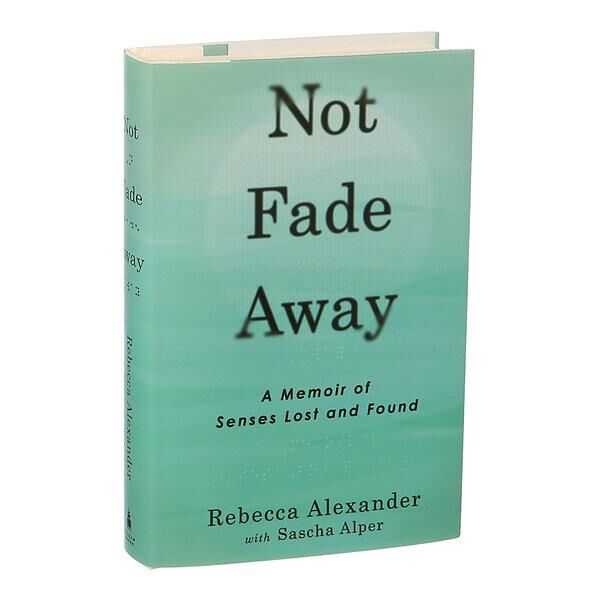
So instead of feeling defeated, Alexander continues to not only live an active lifestyle and accomplishing major achievements like climbing Mt. Kilimanjaro, but she’s advocating for others with the disease.
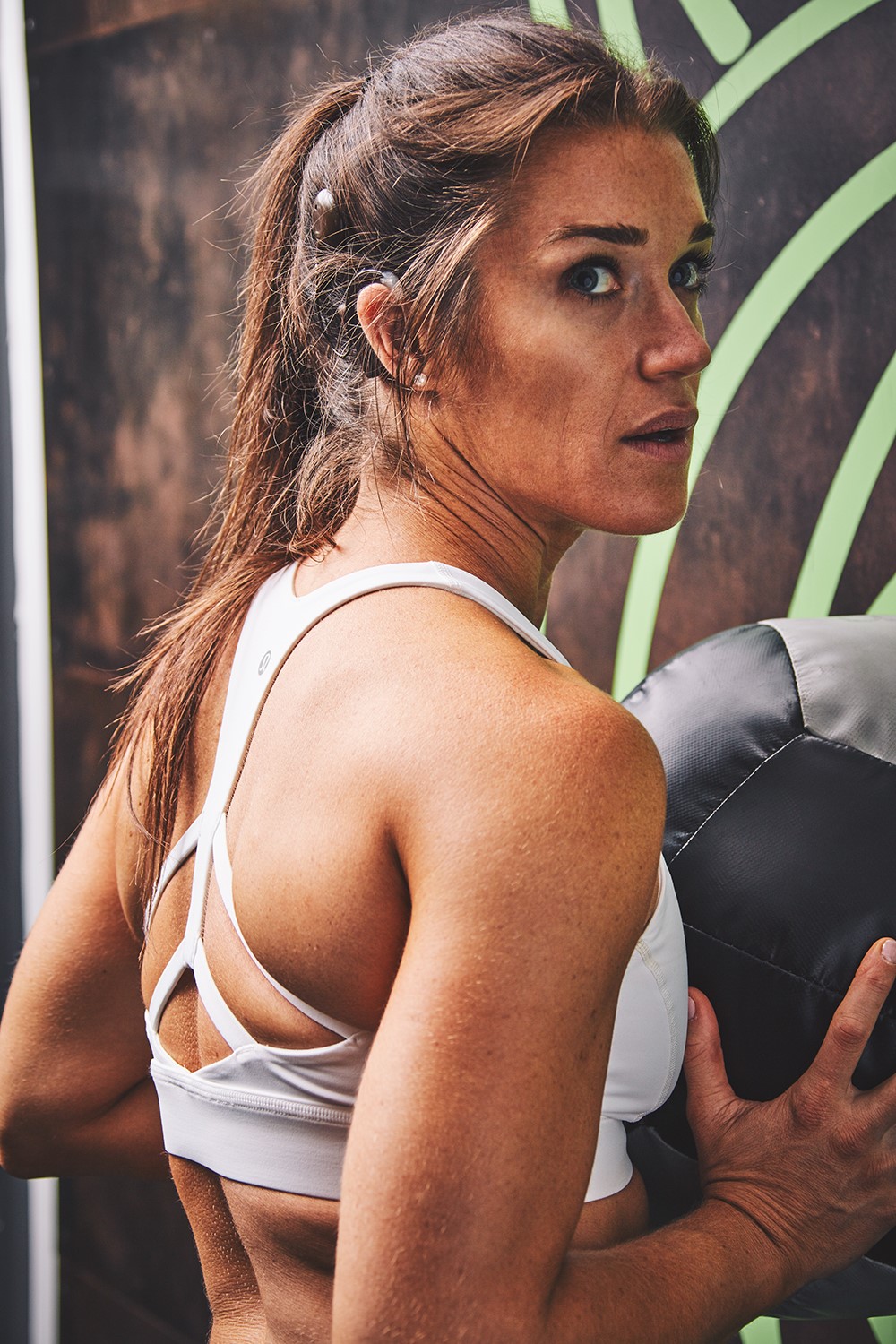
She has been traveling to several different Major League Baseball parks across the country throwing out first pitches to raise awareness for the Usher Syndrome called the Strike Out Ush Movement which she started with one of her vision doctors who works with athletes.
Her message is to show MLB fans that we all have the ability to live a full and meaningful life no matter what our challenges. This initiative was initiated by Rebecca and Dr. Daniel Laby, an ophthalmologist that has worked with MLB for almost two decades. The program is implemented by the Needham, MA-based Usher Syndrome society’s Nancy Corderman.
“Because Usher Syndrome is an orphan disease, we’re really trying to get the word out and trying to find big ways to appeal to the masses and really create some sort of awareness that would bring people in to come together as a community so we started approaching MLB teams,” the already athletic psychotherapist and fitness instructor told The Voluntourist.
Since the disease has taken a lot of her vision and hearing, Alexander learned to sign so she could communicate still, however she now speaks perfectly and hears with her Cochlear™ implants.

“I’m far happier than I was back then and I never thought I’d feel that way, and that is because I am humbled on not only a daily basis, I’m humbled by the minute,” she said in an interview with Megyn Kelly. “You’re constantly reminded that we’re very fortunate for what we have. I’m 39 and I was told by 30 I would be completely blind and I have 10-20 degrees of my central vision. I was supposed to be completely blind 10 years ago. Perspective is so important. We consume ourself with minutia,” she added.
There are several ways to donate and give back to those suffering from USH, most prominently the UsherSyndromeSociety.
“The more people that get diagnosed and determined the type of Usher Syndrome they have, the more research that we can get funded that we can help try to get treatment.”
For more on Rebecca Alexander and her amazing story, follow her @reb_alexander and visit her site http://www.rebalexander.com/
